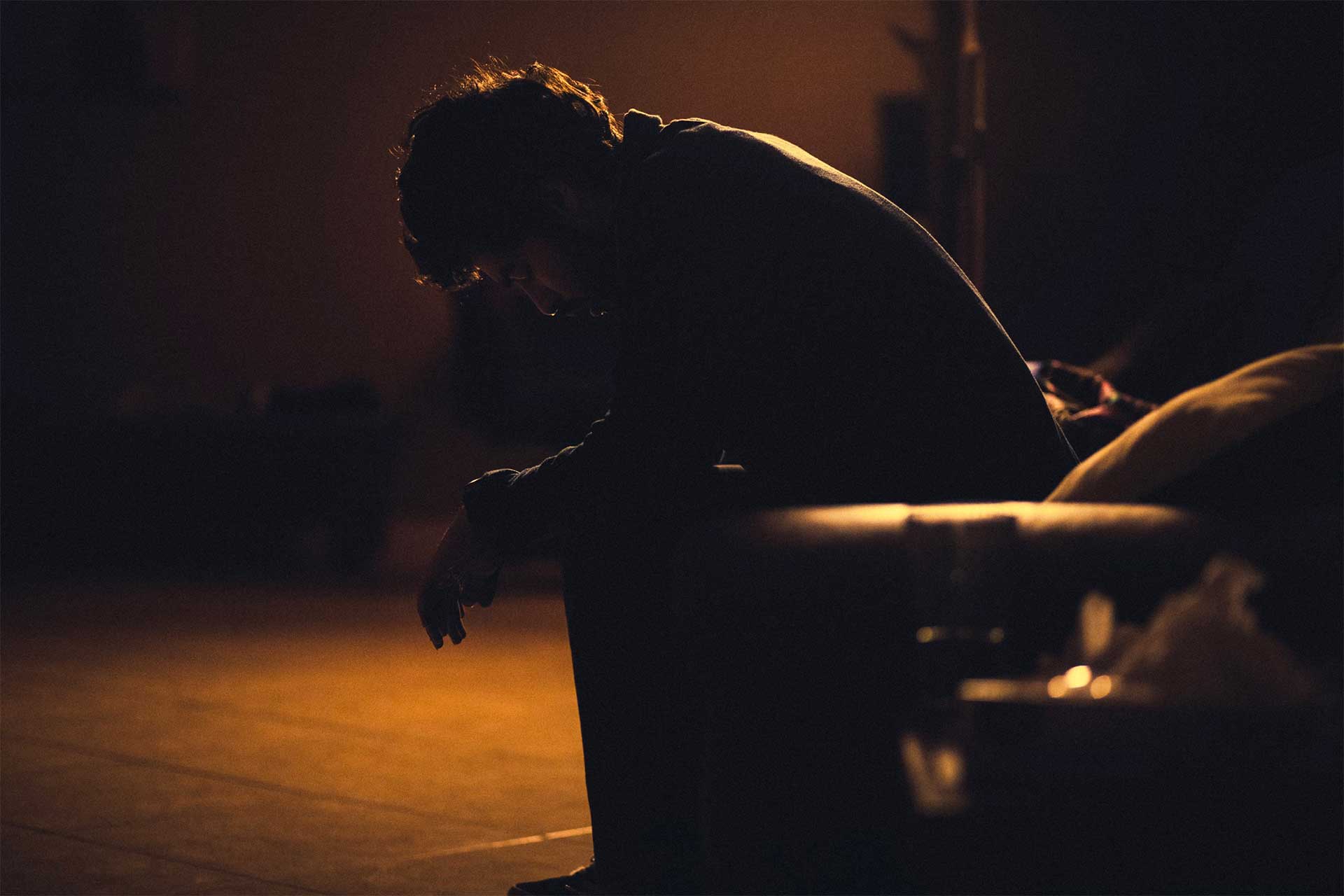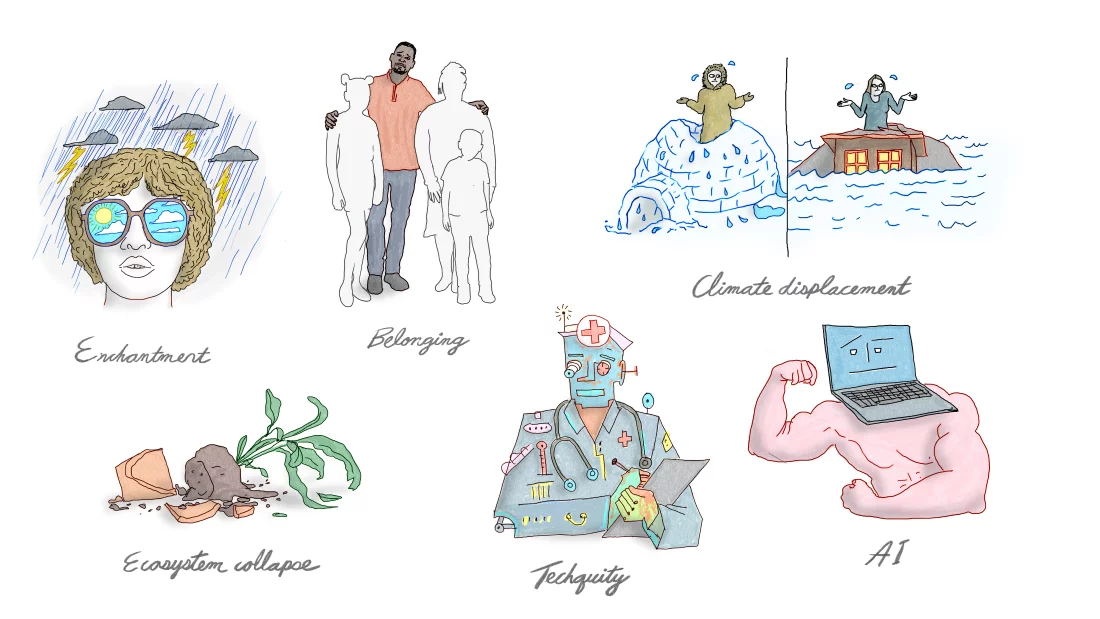In recent years, Australia has been facing a silent but escalating crisis that affects the mental health and well-being of its younger population: the loneliness epidemic. This phenomenon, characterized by an increasing sense of isolation and disconnection among individuals, particularly young Australians, has been linked to a range of mental health issues, including anxiety, depression, and psychological distress. The urgency of addressing this issue has been highlighted in several recent articles, which shed light on the magnitude of the problem and the need for comprehensive strategies to combat it.
The Rise in Psychological Distress
A report by The Guardian on February 12, 2024, titled “Number of young Australians in psychological distress continues sharp rise,” reveals a troubling trend in the mental health landscape of the country. According to the article, there has been a significant increase in the number of young Australians reporting feelings of psychological distress. This rise is attributed to various factors, including the pressures of social media, economic uncertainties, and the global pandemic’s lingering effects. The article emphasizes the need for immediate action to address the root causes of this distress and to provide young people with the support they need to navigate these challenges.
Government Urged to Take Action
Echoing the concerns raised by The Guardian, an article published by ABC News on February 12, 2024, titled “Loneliness in Australia: Federal government urged to do more,” calls for a more proactive approach from the federal government in tackling the loneliness epidemic. The piece highlights the findings of a recent study that points to a significant portion of the Australian population feeling lonely, with young people being disproportionately affected. It argues that loneliness not only has profound implications for individual mental health but also poses a broader societal risk, undermining community cohesion and social solidarity. The article advocates for targeted interventions, including the development of national strategies and the allocation of resources to mental health services, to mitigate the impact of loneliness on young Australians.
Clinical Perspectives on the Loneliness Epidemic
Further insight into the loneliness epidemic is provided by an article from the Royal Australian College of General Practitioners (RACGP) titled “Loneliness epidemic plaguing young Australians. This piece delves into the clinical aspects of loneliness and its effects on health. It discusses how loneliness can lead to a range of physical and mental health problems, such as increased risk of cardiovascular disease, depression, and anxiety. The article calls for a holistic approach to health care that recognizes the importance of social connections and addresses the underlying social determinants of health. It also highlights the role of general practitioners in identifying and supporting patients experiencing loneliness, suggesting that a multi-faceted approach is essential for tackling this complex issue.
Addressing the Challenge
The articles from The Guardian, ABC News, and the RACGP collectively underscore the severity of the loneliness epidemic among young Australians and the imperative for a coordinated response. They suggest that addressing this issue requires a multi-pronged strategy that includes:
- Enhancing Mental Health Services: There is a clear need for increased funding and resources for mental health services that are accessible and tailored to the needs of young people.
- Promoting Community Engagement: Initiatives that encourage social interaction and community participation can help mitigate feelings of isolation and build a sense of belonging.
- Educational Programs: Raising awareness about the importance of mental health and the impact of loneliness through educational programs can help destigmatize these issues and encourage individuals to seek help.
- Policy Interventions: The development of national policies focused on mental health and social well-being is crucial for addressing the structural factors contributing to loneliness.
How Brane Helps to Fight Loneliness
In the face of the escalating loneliness epidemic, Brane presents an innovative solution to combat isolation and foster genuine connections. Brane, a cutting-edge social networking platform, is specifically designed to address the issues of loneliness and disconnection by enabling users to find and connect with like-minded individuals based on shared interests, passions, and location. Here’s how Brane can make a difference:
- Instant Connection with Like-Minded People: By leveraging AI-powered technology, Brane allows young Australians to easily discover others who share their interests, whether they’re into sports, music, art, or any other hobby. This feature breaks down barriers to social interaction and opens up new avenues for friendship and support.
- Creating Supportive Communities: With Brane’s unique “Crowds” feature, users can join or create interest-based groups, providing a sense of belonging and community. These digital spaces offer a platform for open discussion, mutual support, and shared experiences, significantly reducing feelings of isolation.
- Promoting Real-time Interaction: Brane’s location-based functionality enables users to connect with nearby individuals, encouraging real-world interactions and social activities. This aspect of the platform is crucial for building strong, supportive networks that can help alleviate loneliness.
- Safe and Secure Environment: Brane prioritizes user privacy and safety, creating a secure space where young Australians can express themselves freely and form connections without the pressures and anxieties associated with traditional social media platforms.
- Empowering Users through Engagement: By facilitating genuine interactions and fostering a sense of community, Brane empowers users to actively engage in their social well-being. This engagement can lead to improved mental health outcomes and a more fulfilling social life.
Conclusion
The loneliness epidemic among young Australians represents a significant challenge to mental health and well-being, necessitating a comprehensive and multifaceted response. While government intervention, enhanced mental health services, and community engagement initiatives are crucial components of this response, innovative solutions like Brane offer a promising avenue for addressing loneliness at its core. By enabling young people to connect with like-minded individuals and build supportive communities, Brane has the potential to make a significant impact on the loneliness epidemic. As we move forward, it is essential to recognise the value of connection and community in promoting mental health and well-being, and platforms like Brane could play a pivotal role in this endeavour.



